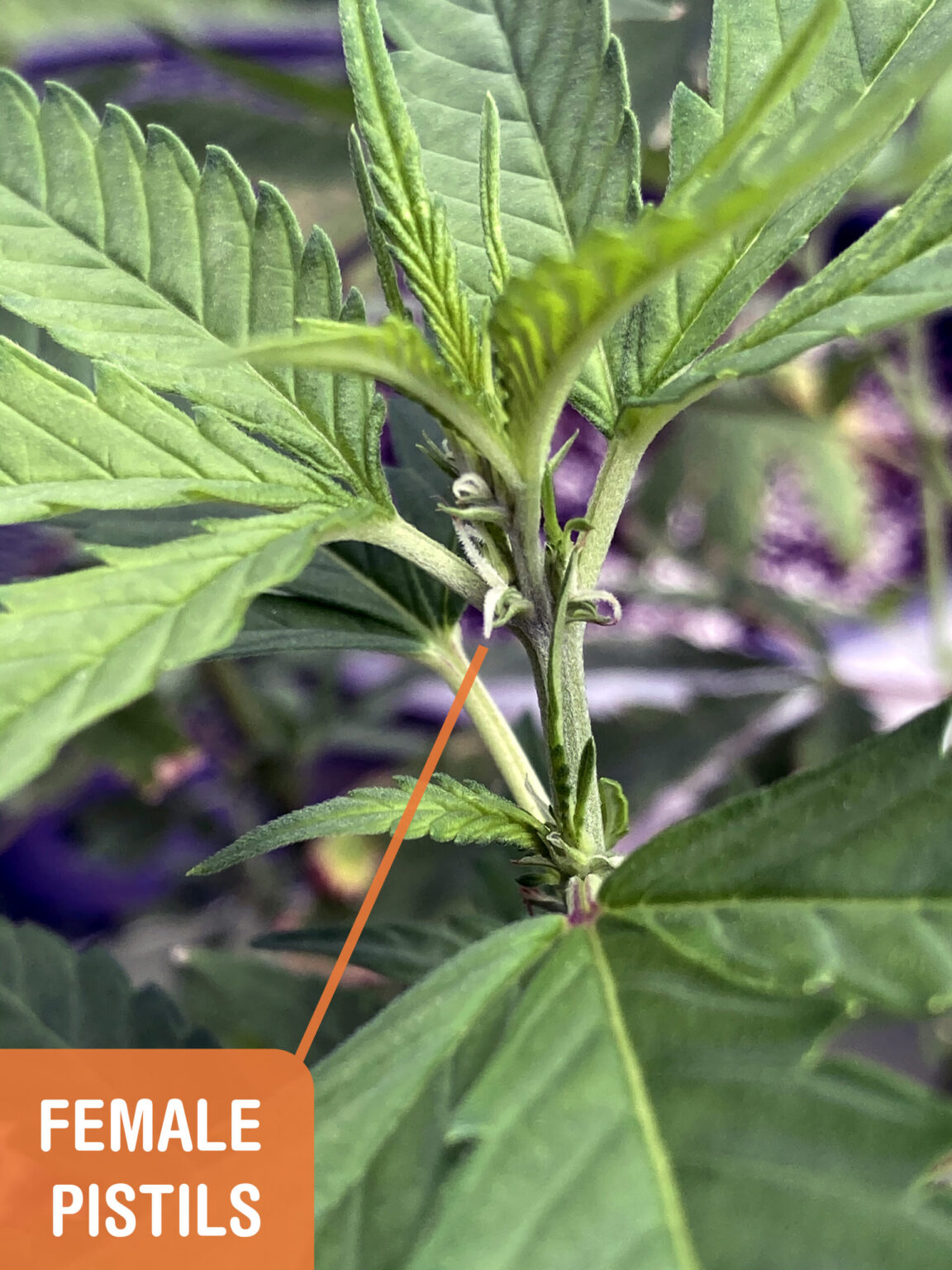In the realm of sustainable agriculture, an surprising participant has emerged, bringing with it a myriad of possibilities and opportunities—the humble hashish seed. Often connected with leisure and medicinal use, cannabis seeds are now gaining focus for their prospective function in selling sustainability in agriculture. In this posting, we will take a look at how cannabis seeds can contribute to sustainable farming procedures, from soil wellness to useful resource performance.
Nutrient-Rich Soil Amendment:
Cannabis plants are known for their potential to prosper in a wide variety of soil ailments. Their deep root units enrich soil construction and advertise aeration, which can be notably effective for crops that adhere to in their footsteps. Also, cannabis vegetation are successful nutrient accumulators, absorbing excessive nutrients from the soil. When these crops are harvested, the nutrient-wealthy leaves and stems can be returned to the soil as organic and natural make any difference, enriching it obviously and minimizing the will need for synthetic fertilizers.
Biodiversity and Companion Planting:
In sustainable agriculture, retaining biodiversity is essential for ecosystem equilibrium. Cannabis crops can play a purpose in this by serving as companion plants. Their unique compounds, this kind of as terpenes, can act as all-natural pest deterrents, preserving neighboring crops from destructive bugs. Integrating hashish into a diverse planting scheme can lead to a extra resilient and self-sustaining ecosystem, lessening the reliance on chemical pesticides.
Carbon Sequestration:
As the environment grapples with the issues of local climate adjust, the worth of carbon sequestration in agriculture cannot be overstated. Hashish plants are renowned for their speedy development and higher carbon uptake through photosynthesis. By incorporating cannabis into crop rotations, farmers can contribute to carbon sequestration, mitigating the impacts of greenhouse gasoline emissions. This strategy aligns with sustainable farming techniques aimed at making healthier, carbon-wealthy soils.
Drinking water Performance:
H2o scarcity is a pressing issue in agriculture, prompting the will need for drinking water-productive crops. Cannabis vegetation exhibit a amazing potential to prosper in assorted climates with different drinking water availability. you could try this out enable them to entry water from further soil levels, minimizing competitiveness with shallower-rooted crops. By strategically integrating cannabis into farming techniques, primarily in areas struggling with drinking water issues, farmers can improve water use and boost sustainable h2o management methods.
Regenerative Farming Practices:
Regenerative agriculture focuses on restoring and maximizing the overall health of the soil ecosystem. Hashish, with its adaptable and resilient mother nature, can be a important player in regenerative farming. The cultivation of cannabis working with regenerative procedures, these types of as small tillage and go over cropping, can support reduce soil erosion, make improvements to drinking water retention, and enhance in general soil fertility. This holistic approach to farming aligns with the principles of sustainability, making certain the lengthy-term wellbeing and productiveness of the land.
Conclusion:
In the evolving landscape of sustainable agriculture, hashish seeds are emerging as a precious resource for farmers in search of modern and eco-friendly answers. From soil health to drinking water effectiveness, the various attributes of hashish plants provide a multifaceted strategy to addressing the challenges confronted by modern-day agriculture. As we continue on to discover the potential of hashish seeds in sustainable farming practices, it gets to be evident that this unassuming seed could keep the key to a greener, additional resilient long run for our planet’s foods production.

